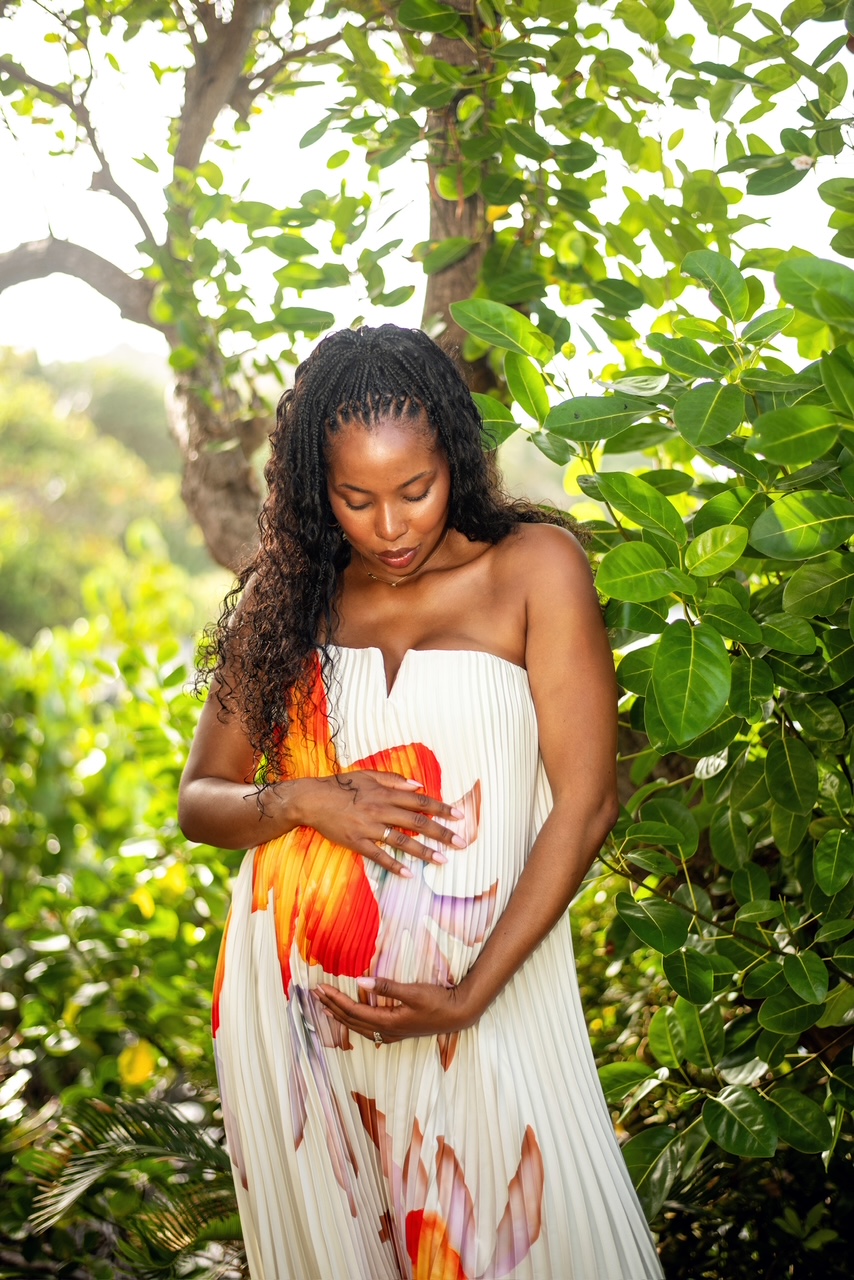Hi, I'm Kira
I’m a lover of the world and far off places who is so excited that you’re here. Looking forward to sharing more of my world with you and all the things I love. I hope this site really does feel like a wellness oasis right here on the internet.
CREATOR. ENTREPRENEUR. ATHLETE.
READ MY STORY
Find a featured business near you to support ⟶
find more blog posts to love
travel
wellness
food
lifestyle
entrepreneurship
When you think of Grenada, images of turquoise water, nutmeg-sprinkled smoothies, and barefoot beach days probably come to mind. And yes—the island is an absolute dream. But what makes Grenada truly unforgettable is not just the scenery, it’s the story: the layered, resilient, and powerful history that lives in every village, spice market, and bay.
If you’re someone who loves to travel not just for relaxation but for connection and context, this is your invitation to explore Grenada on a deeper level.
Why Grenada’s History Matters for Conscious Travelers
Grenada’s history is complex, rich, and essential to understanding the island’s modern-day spirit. Colonized, contested, and ultimately resilient, Grenada offers a look into how Caribbean culture has evolved through resistance, creativity, and community.
As travelers—especially women, especially Black travelers—knowing the backstory of where we go helps us move through the world more consciously. In Grenada, that backstory isn’t tucked away in a museum—it’s alive in the food, the festivals, the people, and even the land.
A Brief Look at Grenada’s Colonial Past
Grenada was originally inhabited by the Kalinago people, also known as Caribs, who lived in harmony with the island’s lush terrain long before colonization. In 1498, Christopher Columbus sighted the island, and by the 1600s, European powers were fighting to control it.
The French were the first colonizers, followed by the British, who took control in 1763. Grenada became central to the colonial sugar and spice trade—built on the backs of enslaved Africans forced to work on plantations.
Nutmeg, cinnamon, cocoa, and rum became economic staples, but at a devastating human cost.
Today, you can visit former plantations that have been transformed into cultural centers, like Belmont Estate, to learn more about this history and how locals are reclaiming and honoring their heritage.
The Revolution That Changed Everything
In the late 1970s, Grenada emerged as a beacon of political transformation in the Caribbean. In 1979, Maurice Bishop, a revolutionary leader, led a bloodless coup and established a socialist government focused on literacy, healthcare, and community development.
The island experienced sweeping change during this era, but in 1983, Bishop was assassinated and the United States led an invasion of Grenada, citing concerns about communism and American citizens on the island.
To this day, you can visit the Fort George historical site in St. George’s, where Bishop was executed. The views are breathtaking, but the site holds deep emotional and historical weight. It’s a powerful space for reflection—especially for Black travelers exploring post-colonial narratives.
Modern Grenada: Where History Meets Healing
Despite its tumultuous past, Grenada continues to thrive with a culture rooted in community, creativity, and heritage. From Spicemas Carnival, which reclaims colonial traditions with vibrant storytelling, to grassroots food sovereignty movements led by women farmers, this is an island shaping its own future.
Looking for ways to experience that legacy?
-
Tour the River Antoine Rum Distillery, the oldest water-powered distillery in the Caribbean.
-
Visit Dougaldston Estate to learn how Grenadian spices are grown, dried, and sold.
-
Stop by the Grenada National Museum, a small but insightful museum set in a historic French military building.
These experiences offer more than just knowledge—they give you a personal connection to the island’s evolution.
How to Travel with Respect and Curiosity
As you explore Grenada—whether hiking through Grand Etang or sipping sorrel in a beachside bar—carry its stories with you.
Ask questions. Support local guides. Venture beyond the resorts to the island’s northeast, where communities are preserving culture in powerful ways. Buy from artisans. Say thank you. Tip generously. Be present.
Grenada isn’t just beautiful—it’s brave. It’s layered. It’s alive. And that deserves care from every visitor.
A Different Kind of Travel Memory
It’s easy to come home from a Caribbean vacation with a tan and a few great photos. But Grenada offers more: it invites you to connect, learn, and honor a legacy of resilience and creativity.
If you’re planning a girls trip to Grenada or a solo wellness escape, don’t skip the story behind the scenery. It might just be the most powerful souvenir you take home.
